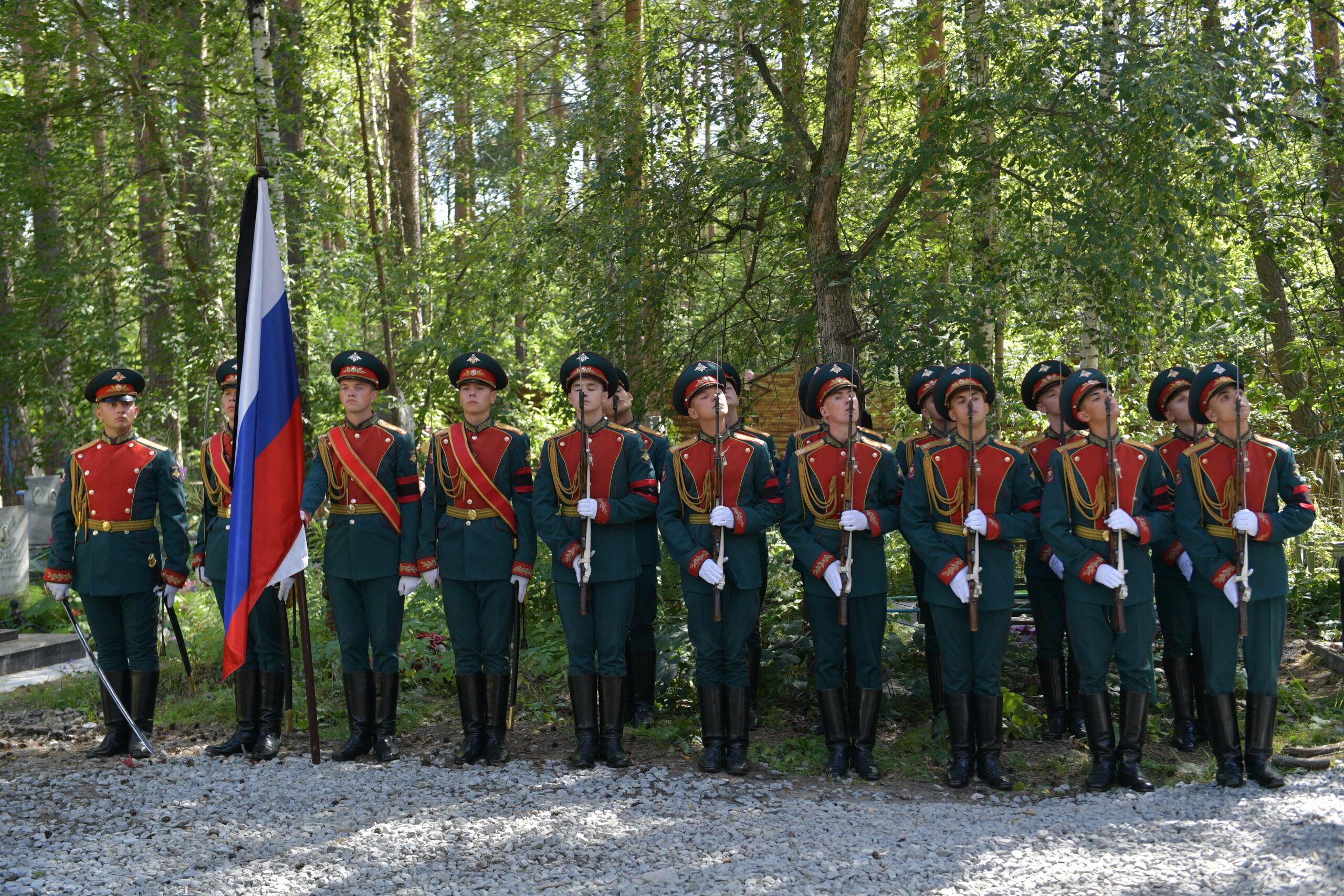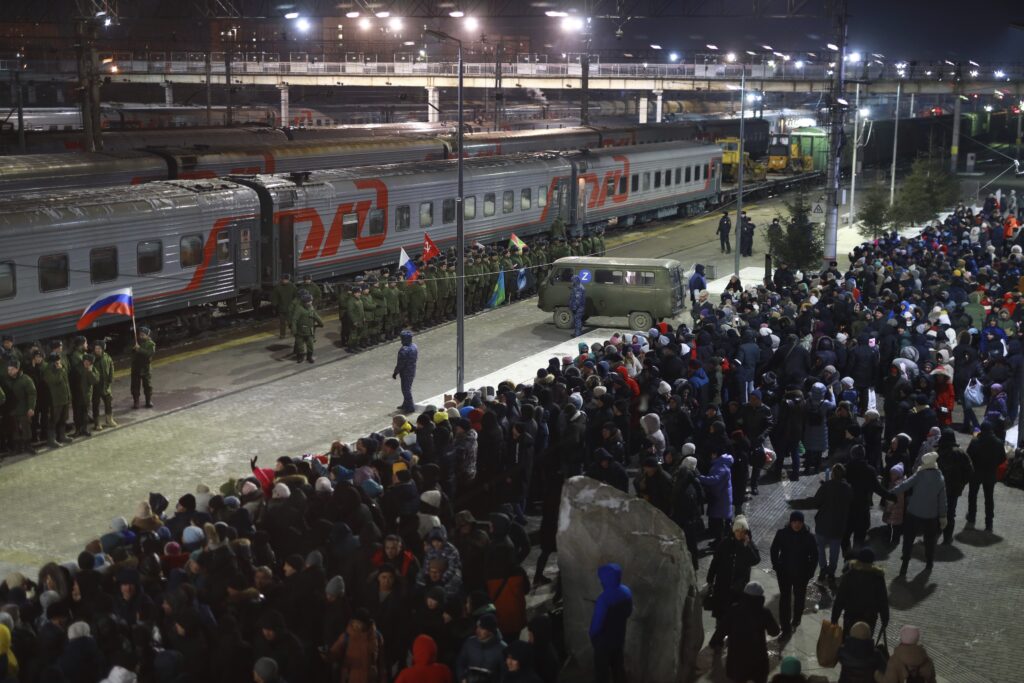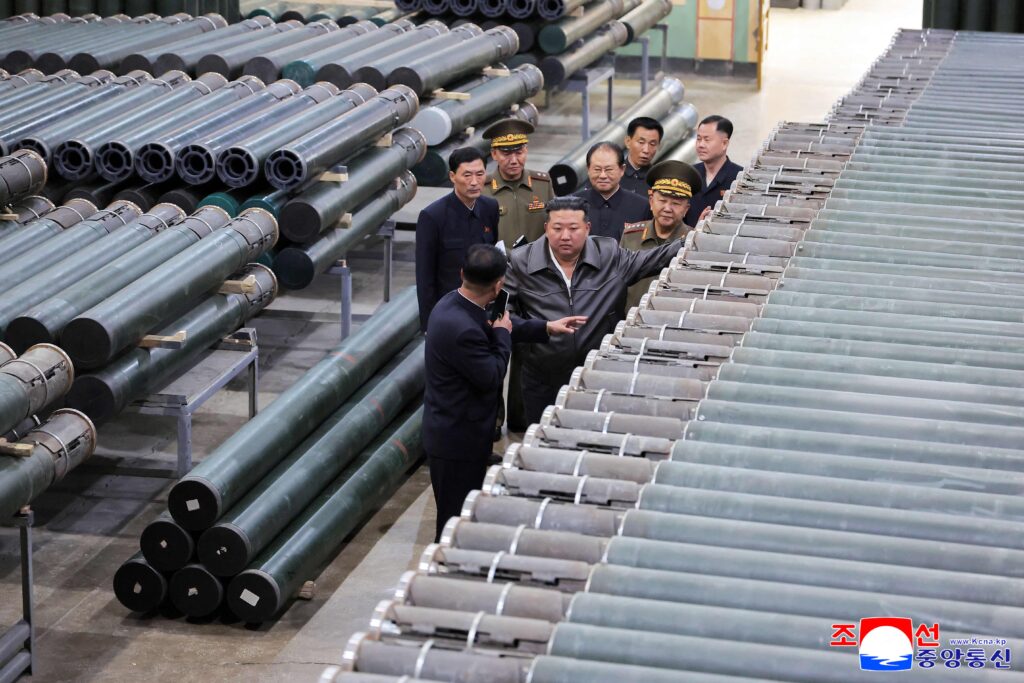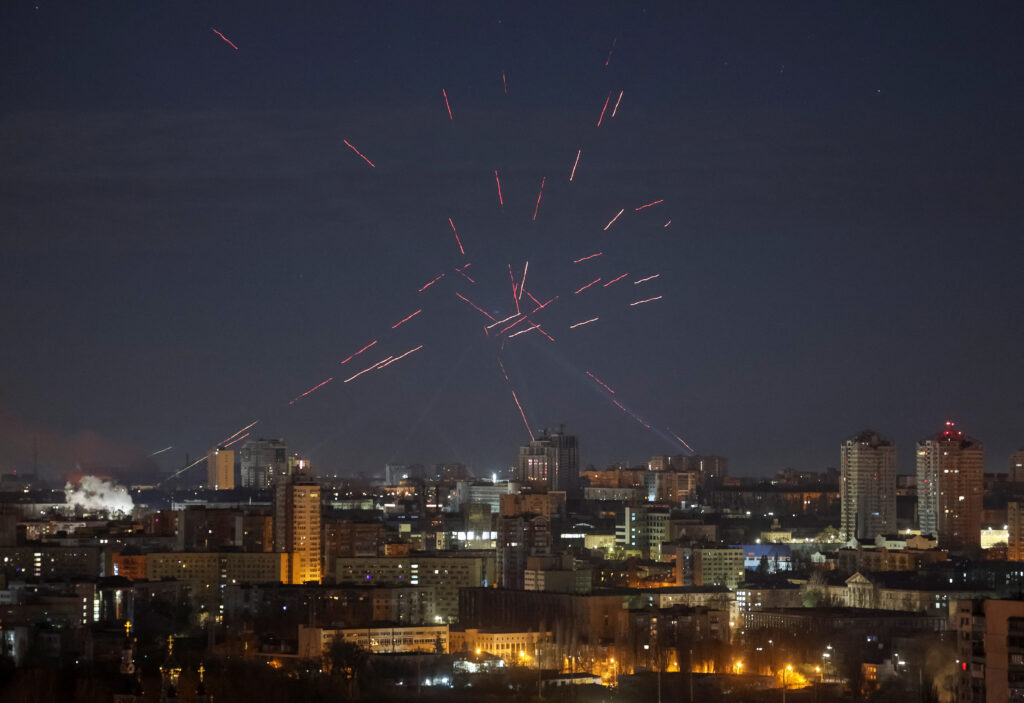The longer the war with Ukraine lasts, the more privileges the Kremlin hands out to its participants fighting on Russia’s side. They are offered material benefits and honourable statuses while companies that send volunteers to the front receive preferential treatment. Participation in the war exempts prisoners from punishment, no matter how grave their crimes might have been, and turns them into officially respected ‘veterans’, entitled to the same benefits as other war participants. The authorities, who talk about cohesion and unity of society, are themselves causing a split. Those who are not fighting this war, and who have not earned the honours and benefits, are turning into a lower ‘caste’, and Vladimir Putin does not hide this kind of attitude towards them. While ‘civilians’ do notice this attitude, they are not ready to recognise the superiority of the military and respect them by default.
People in a special position
In July 2023, the Russian Supreme Court ruled that war participants «cease to be considered as socially dangerous and are exempted from punishment due to the changed circumstances.» The Supreme Court arrived at this decision while examining the conviction of a Russian army private who had committed a fatal road accident in May and then sent out to the front. A few weeks before this ruling, a new law came into force, exempting Russians who have been found guilty of crimes of minor and medium gravity from punishment in case they are mobilised or sent to the front under a voluntary contract. In this way, the court and lawmakers effectively confirmed that participation in the war advances citizens to a different ‘caste’, with a broader set of rights and privileges compared to the regular civilian population. The authorities also support this ‘military part’ of society financially. Front-line soldiers (whether regular military staff, contracted volunteers, or mobilised soldiers) receive the status of a veteran of combat operations, which entails, for example, a 50% discount on housing and utility bills. Moreover, servicemen are entitled to payments of 195,000 roubles a month. This kind of income is attainable only for medium- or high-level managers or successful entrepreneurs, mostly in large cities. Moreover, mobilised and volunteering soldiers have a guaranteed return to their civilian jobs. The children of front-line soldiers receive preferential treatment when enrolling in universities, and their families are exempted from late fees for delayed payments of housing and utility bills or mortgages.
The special position of this group is emphasised through the ‘veteran’ status. For a long time, this word was used mainly with reference to veterans of the Great Patriotic War (World War II) and, quite justifiably, carried a special meaning. Gradually, law enforcement officers who had nothing to do with the Great Patriotic War began to join the group of ‘veterans’ at official events. At present, ordinary actions undertaken by soldiers in battle are turning into ‘feats’, and any parody of these actions, even good-natured, without any element of criticism or ridicule, is declared as blasphemous and punished. This is quite in line with the ‘worship of veterans’, where anything perceived as insulting veterans is also punished.
The opposition activists also pay special attention to war veterans and their families in election campaigns, and the Kremlin has set up a special fund, headed by Putin’s niece Anna Tsivileva, to serve and support them. Last year, the Russian president spoke very frankly on what he saw as a difference between front-line soldiers and civilians. «With some people, it’s unclear if they are living their lives or not. And it’s unclear how they go away: because of vodka or something else, and then they’re gone. Did they actually live a life or not? Their life flickered past somehow: they, kind of lived a life, or maybe they didn’t. But your son did live a life. His goal was achieved. In this sense, of course, his life turned out to be significant, it had an outcome. And it was the kind of outcome he was striving for,» Putin said to one woman at a meeting with the mothers of mobilised men.
Even back then, Putin divided society into people living a life that is ‘significant’ for the country and society, and everyone else, living a life that is not significant. In contrast, during World War II, the USSR honoured ‘workers behind the front lines’ (at least in official discourse) and certainly did not reproach them with being ‘insignificant’.
«Sometimes I talk to them (war participants). I spoke directly with some of them on the phone, with the guys. In any case, I spoke to those who quite surprised me with their mood, their attitude. They didn’t expect these calls from me. By the way, some of those calls came through their mothers,» Putin admitted at the same meeting. In this case, it does not really matter whether he was exaggerating or telling the truth at all. While a direct conversation with the country’s president is not accessible for everyone, even for many high-ranking officials, here the head of state says: «I talk to soldiers, they are not just anybody, that’s what their place in the current hierarchy is.»
Favourites and outcasts
The Russian government is taking pragmatic steps to single out the military as a special group. It needs to attract as many volunteers to the front as possible, and make life easier for the mobilised soldiers and their families at least in some way (in fact, mobilisation was and still remains a very unpopular move). For Putin, the division of society into a ‘superior’ and ‘inferior’ part may be quite sincere. He really wants to defeat Ukraine and prove his case to the West, and the military are helping him to do so. Therefore, the president’s entourage is additionally motivated to support and highlight his favourite part of society in every possible way.
A similar story happened earlier with the support of large families and parenthood as a social institution. The authorities were concerned about demography and tried to encourage procreation both in words (by telling families how much parenthood meant to the country) and in deeds (by offering payments). Some young parents indeed began to see themselves as those who are working for the good of society and deserve social gratitude for this. In contrast, Russians with fewer or no children started reacting to this atmosphere by creating and sharing popular stories and anecdotes under the common theme ‘I am a mother after all’, ridiculing the behaviour of mothers who demanded respect or financial support from others just because they gave birth to a child.
The Kremlin is falling into the same trap once again. Many citizens are not clear about the goals of the war, they are tired of frontline news and want peace talks to begin. As such, they are not quite willing to see servicemen as ‘heroes’, ‘defenders’ or veterans. Instead, civilians now see participants in the special military operation and their family members as those who demand privileges. Financial support of the military from the central budget does not inspire enthusiasm among civilians, especially against the background of their own economic difficulties triggered by the rising exchange rates. Even supporters of the military action most likely perceive its participants as either people who simply do their duty (in which case mobilised men are not much different from regular servicemen) or as ‘soldiers of fortune’ who fight for the sake of a decent salary.
The fact that former prisoners have been advanced to the rank of heroes marginalises the status of the veteran of ‘the First Ukrainian War’, especially in communities where this group of veterans prevails. Pardoned criminals are feared rather than honoured after returning from the front. They are denied special treatment even by local officials, who refuse to allocate honourable places in cemeteries for the burial of Wagner group members (indeed, most prisoners have gone to the front through Prigozhin’s private military company), and local residents support the authorities in that. Civilians complain not only about former prisoners, but also about volunteers who come to training camps and interfere with the normal life of local communities.
The mobilised and volunteer soldiers themselves do notice the special attention from the authorities and understand their own special position very well. They demand special treatment from ‘ordinary’ citizens, and if their demands are not met, they are ready to defend these rights with their fists. The authorities play along with the military rather than civilians. Men who have returned from the front do not shy away from robbing shops and attacking teenagers for their appearance. In that, they often invoke participation in the war as a reason for pardon. Not surprisingly, such actions undertaken by ‘veterans’ are neither supported nor respected by ‘civilians’.
In the long term, the division of society into the ‘superior’ group of servicemen and the ‘second-rate’ group of civilians is risky as it may turn into one of the most serious splits in Russian society in recent years, provoked by the authorities. As economic difficulties aggravate, the gap will grow wider: the worse the Russian economy performs, the further the financial situation of civilians will deteriorate, and the better the preferential treatment for the military will look against this background. The authorities will not be able to mitigate this conflict since they took sides in it right from the start. In fact, this side-taking automatically turns the Kremlin away from the ‘civilian’ electorate, i.e. the ordinary people who are considered to represent the supporter base of the regime, also known as ‘Putin’s majority’. The loss of this broad support poses a great risk for the authorities, who are not used to being the party of a minority, even if this is a minority with combat experience.










